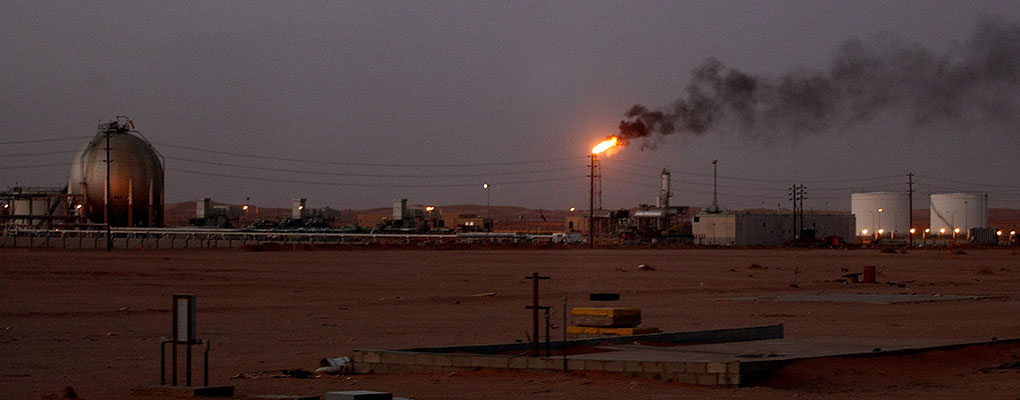
The IMF told economists from the UAE that a 15 percent excise tax on cars, combined with a broadening of its 10 percent corporate income tax (CIT) to more businesses, could offset the impact of falling oil prices and the subsequent loss of export revenues by bringing in an estimated $42bn.
Zeine Zeidane, an advisor of the IMF Middle East and Central Asia department and Mission Chief for UAE, said in a statement: “We don’t expect any increase in taxes, so we don’t have any tax measures in the macro fiscal framework that we have right now. But that said, our policy advice is to continue to diversify revenue sources for the UAE.”
For many years, the UAE has managed to remain a largely tax-free country
And while the IMF acknowledged that a comprehensive impact study is required before a broadening of CIT go ahead, the organisation recommended that the UAE look at Dubai and take notes.
“If you look to the case of Dubai you already have CIT applicable to foreign banks and not to domestic banks, so that’s something we recommend to have a unified system without any discrimination between investors,” continues Zeidane. “We are recommending to move towards the CIT that is applicable to everybody, foreigners and domestic banks, but also to other corporates.”
For many years, the UAE has managed to remain a largely tax-free country, relying on oil exports to cover its outgoings, but with lower revenues from the commodity expected, the government has been forced to look at alternative revenue streams.
Overall, the UAE economy looks strong and robust enough to withstand external shocks, possessing extensive fiscal and external buffers, according to the IMF. However, the organisation has urged it to diversify its economy by supporting the development of its wider business environment.
“Lower oil prices are eroding long-standing fiscal and external surpluses, but the UAE has continued to benefit from its perceived safe haven status and large fiscal and external buffers that have helped limit negative spill overs from lower oil prices, sluggish global growth, and volatility in emerging market economies,” concluded a recent IMF report.
“The economic outlook is expected to moderate amid lower oil prices. Non-oil growth is projected to slow to 3.4 percent in 2015, before increasing to 4.6 percent by 2020, supported by the implementation of megaprojects and private investment in the run-up to Expo 2020.”


